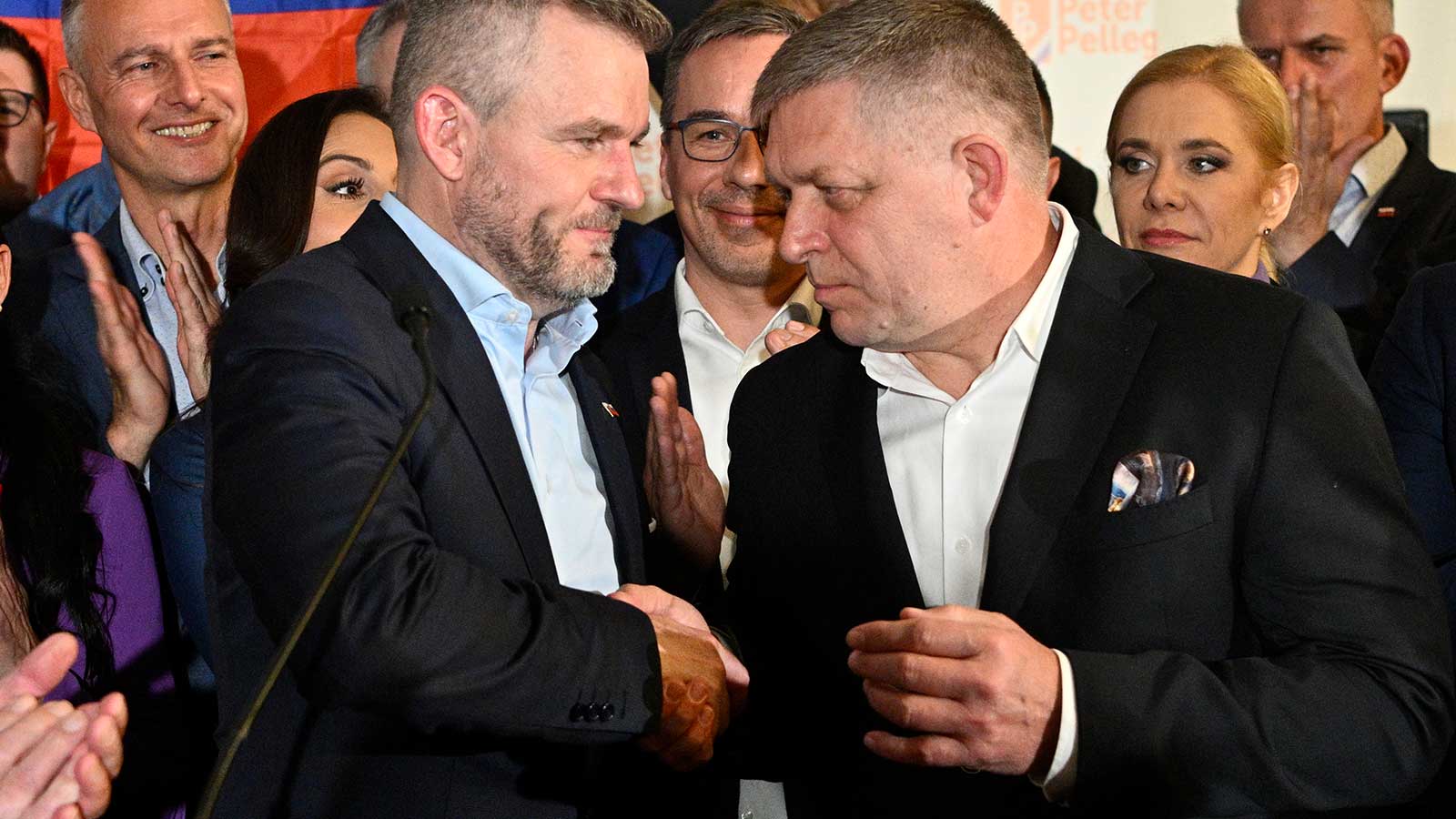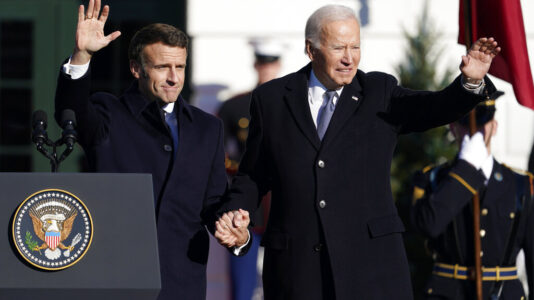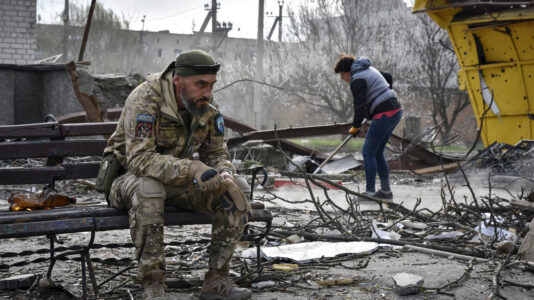Slovak Prime Minister Robert Fico has expressed concern the West could punish his country for Peter Pellegrini’s victory in Saturday’s presidential election.
The left-wing nationalist succeeded Zuzana Caputova as the country’s head of state after beating former foreign minister, Ivan Korčok, in the second round run-off.
A close ally of populist Fico, President-Elect Pellegrini campaigned on a pledge to push for peace in Ukraine, holding a similar skeptical line of the ongoing conflict to that of his prime minister and neighboring Hungarian Prime Minister Viktor Orbán.
“I will be a president who will support the government in its efforts to improve people’s lives,” Pellegrini said at his campaign headquarters after defeating Korčok by 53 percent to 47.
“I will do everything for Slovakia to forever remain on the side of peace and not the side of war,” he added after running a campaign in which he accused his opponent of being a warmonger who risked sending Slovak troops to Ukraine.
“A campaign can be won by making the other a candidate of war. I will not forget this,” Korčok said from his campaign headquarters as he conceded defeat in the election. “The decisive factor was high turnout, I respect that, but it was fear that decided… the spreading of fear and hatred.”
The victory means Fico now has a key presidential ally to help push his agenda and will not experience pushback in his opposition to sending arms to Ukraine and advocating for a peace agreement.
Late on Sunday, Fico warned the country now faced possible “punishment from the West” for not electing its preferred candidate in Korčok to the role, suggesting Slovakia could even see the European Commission withholding funds to the country for political reasons in the same way it has done previously to “dissenting” governments in Hungary and Poland.
Despite the mainstream media’s desire to paint Pellegrini as pro-Russian, he immediately reiterated Slovakia’s commitment to the West under his presidency.
“This is not about the future direction of foreign policy. I also guarantee, like the other candidate, that we will continue to be a strong member of the EU and NATO,” he said.
Increased support for the pro-peace position across Europe was hailed in neighboring Budapest as politicians congratulated Pellegrini on his electoral success.
“My heartfelt congrats to Pellegrini on his overwhelming victory in the Slovak presidential election, a big win for the people of Slovakia and for advocates of peace all around Europe,” said Prime Minister Viktor Orbán on Sunday.
President of the Hungarian National Assembly László Kövér noted that the high voter turnout of 61.14 percent — only beaten once back in 1999 — represented a “strong mandate” for Pellegrini, adding the large endorsement “clearly shows that the citizens trust you as a person and as a political leader.”
“I congratulate Peter Pellegrini on his election as the next president of Slovakia,” added Slovenian President Nataša Pircová Musarová. “I look forward to working with him on a stronger European Union and NATO and promoting friendly relations between our countries.”
Latvian President Edgars Rinkevičs also not-so-subtlely reminded Pellegrini of Slovakia’s commitment to the West, expressing his desire to see the “continuation of the development of bilateral relations between Latvia and Slovakia and cooperation within the EU and NATO.”





